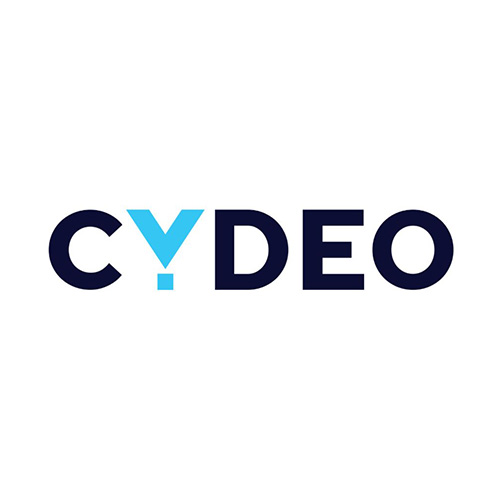Cover letters can make a big difference in job submissions when you are approaching a firm for the first time. Most online and mail submission prefer one as a way of distinguishing your personal style from a resume, which is a more formal document. Make no mistake, your personality comes through to some extent even in the most carefully worded resume – What you emphasize, your word choices and grammatical style all reveal something. The cover letter is your way of separating yourself from the pack in a very personal way.
In the simplest terms, a cover letter is designed to encourage interest in you and your resume, just as your resume is designed to get you the interview.
A cover letter is not a personal biography. You should be able to express yourself in a brief few paragraphs that explain what motivates you for the job, and why you are interested in the chosen line of work. Ideally, it is an expression of who you are.
The format should be standard business letter – even if it’s in an email accompanied by your resume as an attachment.
Left or center – Your Name
City, State Zip
Phone
Email address
Usually right position: The Company
City, State, Zip
Date of letter
Dear – get a name whenever possible – These people can be found through web searches, LinkedIn, and some business information pages – Manta, Hoover’s, D & B, etc.
Otherwise, ‘Hiring Manager,’ or ‘Staffing Manager’ should be sufficient.
The 5 Points that need to be in every Cover Letter
Here are the 5 points that should be in every Cover Letter:
First sentence –
1. I am contacting you (or submitting my resume) for /about the position for…. The specific position you are seeking – if it’s an online posting with a number attached, then use it;
2. Followed by – found / learned of from –and mention the source. If it’s from a personal referral, you may use the option of associate or friend, if you don’t want to identify a current employee.
Just one sentence is all you need –they get plenty of these inquiries, and most HR departments are filling numerous jobs at the same time. It will be appreciated.
First paragraph –
3. What qualifies you – Here you can take specific items from the job description and your resume and incorporate them into the letter where they apply to you. Answer to the specifics of the requirement as much as possible, and try to keep it to 3-4 sentences. It may need to be longer if you want to incorporate titles, certifications, awards, and recognition or citations in your field.
Second paragraph –
4. Something personal about you that you think they will find interesting. This is where you distinguish yourself with something not found on the resume. You want the interviewer to remember you.
This could be:
- The ‘a-ha’ moment when you discovered this was the kind of work for you;
- A personal anecdote about your favorite instructor or your mentor in this subject, accompanied by how it helps you in your career;
- How as a child you were always the organizer among your friends for events, or the ‘engineer’ of the group; or a turning point in your career.
I was coaching someone who told me about their journey from Mainland China as a teenager with almost no English skills, and how she adapted through a guest program and excelled in American schools and college to get her first job. Until we spoke, she had not considered how this story was fascinating in its details and perfect for a personal note about learning how to adapt to new environments and master responsibilities, and so was ideal for a cover letter.
Most of us have a story, even if it’s just about how we mastered a task or discovered a talent we take for granted now.
In closing-
5. Thank the person for reading your letter and ask for the interview in a polite way – ‘I look forward to hearing from you and am available to meet at your convenience for a Zoom or in person meeting….’ It’s not uncommon to have remote interviews nowadays, so you should always be available even for out of town interviewers.
It is surprising how often cover letters I’ve seen don’t include this note.
What not to include in a Cover Letter
- Don’t apologize: ‘I have been out of the field due to personal reasons,’ should be: ‘I have prepared to reenter the job market after pursuing outside family/personal/ other non-career interests… It is not unusual after the pandemic to have been out of your field for a while, and the high labor demand has opened the door for older adults that may want to return to work after an absence. It’s a good time to look out for opportunities!
- Avoid negative remarks about a former employer. Focus on the benefits of your previous jobs.
- Do not use judgmental terms. I had been asked to help someone with their resume and cover letter. It was not getting him interviews. The request came from his friend, and the cover letter included this: ‘The problem in my field is that Human Resources people are not qualified to evaluate my skills for the job.’ He was a computer programmer, and this kind of remark will never help to get an interview.
In Summary – The Personal Touch
You can see that a short, personal but still professional letter will be very helpful in getting you to the next step in your job search. A brief, focused introduction that says something about who you are as a person will distinguish you and can even provide a topic to mention in your interviews.
Job searches can be stressful –for the candidate and the interviewer. A nice introductory letter may help to lighten the experience.




